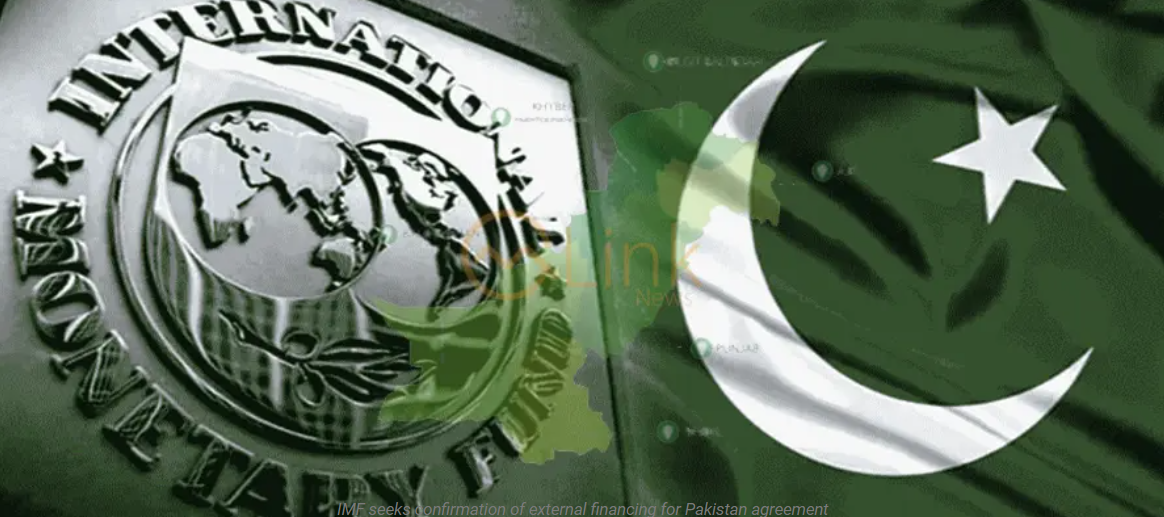
Share This Story, Choose Your Platform!
Driving Economic Growth – Pakistan’s Budget Aims to Overcome IMF Concerns
Pakistan’s upcoming budget has become a focal point for discussions between the government and the International Monetary Fund (IMF). While IMF expressed concerns about the recently presented budget, the Ministry of Finance defends its decisions, highlighting the potential for economic growth through tax exemptions. In this blog post, we delve into the key points raised by both sides and explore Pakistan’s efforts to navigate its financial challenges while striving for sustainable development.
Ministry of Finance Responds to IMF Concerns
In response to the IMF’s dissatisfaction with Pakistan’s budget, Ministry of Finance issued a press statement to clarify its position. The ministry emphasized that the budget’s tax exemptions serve as “triggers” for growth in the real sectors of the economy, aiming to provide employment opportunities and improve livelihoods for the common citizen. Additionally, the ministry stated that the amount allocated for tax exemptions is relatively small, thus minimizing its impact on overall revenue.
You May Also Read
Significance of Budget 2023-24 for Business Community and Overseas Pakistanis
Challenges Faced by Cash-Strapped Pakistan
Pakistan’s economic situation is dire, with insufficient currency reserves to cover one month’s worth of imports. The country relies heavily on the IMF’s bailout program to bolster its finances. However, with only two weeks remaining until the bailout program expires, Pakistan faces mounting pressure to meet the IMF’s conditions for further disbursements.
Government’s Efforts to Secure Bailout Funds
While next year’s budget is not part of the ongoing discussions on disbursement, the government is committed to completing the negotiations. The finance ministry acknowledges the difficult and politically costly decisions made so far and remains engaged with IMF, to find a mutually agreeable solution. These efforts reflect the government’s determination to alleviate financial strains and foster economic stability.

Finance Ministry’s Justification for Tax Exemptions
Ministry of Finance argues that the budget’s tax exemptions will stimulate growth in the real sectors of the economy. By providing relief to businesses and individuals, these exemptions encourage investment, job creation, and overall economic expansion. The ministry asserts that these measures contribute to sustainable development and the betterment of the common citizen’s livelihood.
Broadening the Tax Base and Pro-Poor Initiatives
To address the concerns about tax fairness, the finance ministry highlights the significant increase in the number of new taxpayers, amounting to a 26% expansion of the tax base over the past 11 months. Additionally, introducing a 0.6% advance adjustable withholding tax, on cash withdrawals over 50,000 rupees aims to broaden the tax base further. The ministry emphasizes that pro-poor initiatives in the budget extend beyond the Benazir Income Support Scheme (BISP) beneficiaries, as targeted subsidies are allocated for vulnerable families.
Resident IMF Representative’s Dissatisfaction
Esther Perez Ruiz, resident IMF representative for Pakistan, expressed dissatisfaction with the budget, particularly regarding broadening the tax base and introducing a tax amnesty on bringing dollars into the country. Perez Ruiz argues that these measures reduce the tax system’s fairness, diverting resources.
Conclusion
In conclusion, Pakistan’s budget for the upcoming year has drawn both praise and concern. While the Ministry of Finance defends the tax exemptions as catalysts for economic growth in the real sectors of the economy, IMF has expressed dissatisfaction, particularly regarding the fairness of the tax system and the introduction of a tax amnesty. Nevertheless, the government remains committed to completing negotiations with the IMF and securing bailout funds to address the country’s financial challenges.




